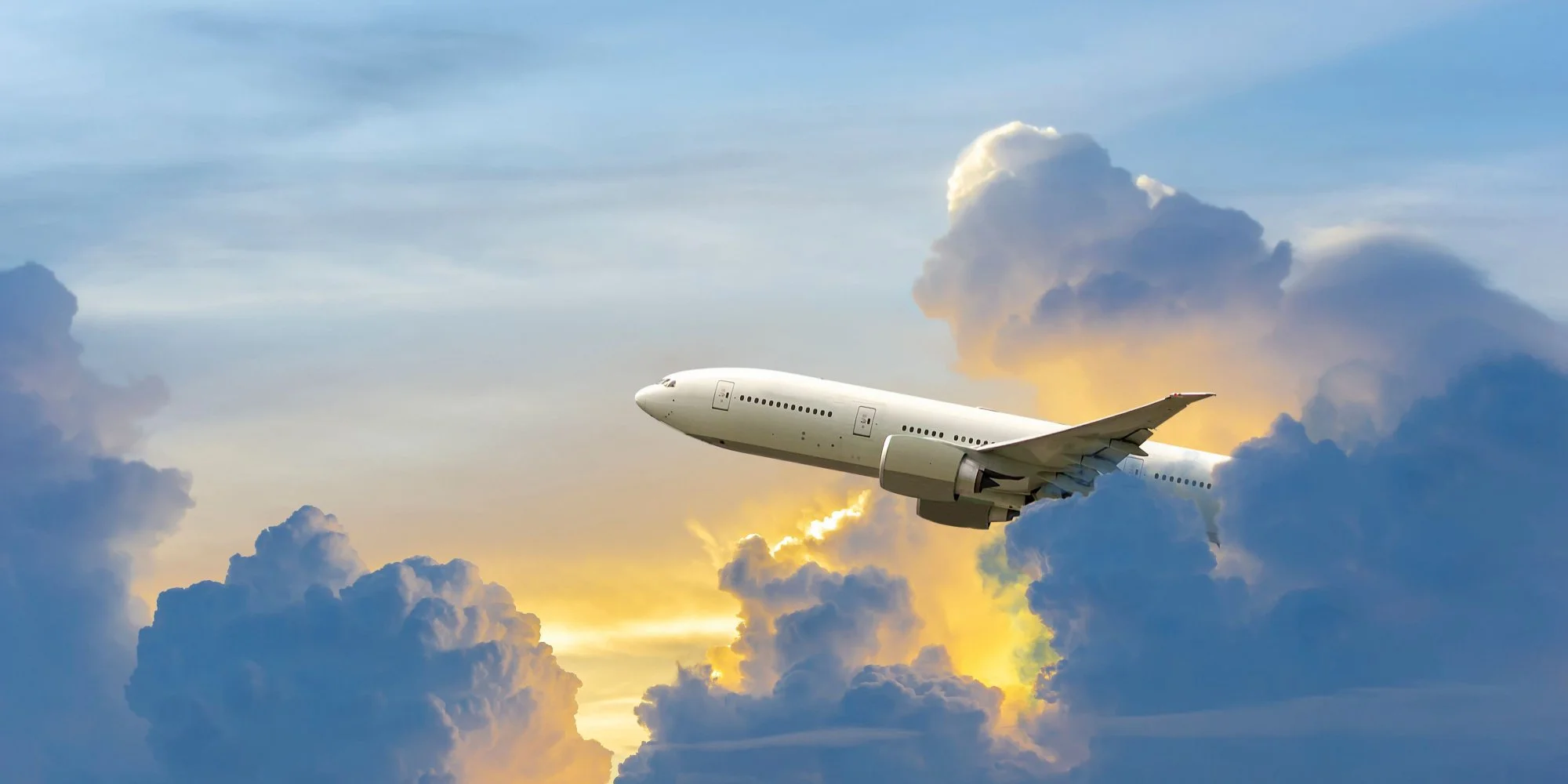Exploring the Aerospace Horizon in 2024: A Reflection on Industry Evolution
Looking into the future of aerospace with Simon Weston, ASG Group
"In the wake of the pandemic, the aerospace sector faced its most significant challenge to date," reflects Simon Weston, the Group Managing Director leading the ASG Group. While the crisis, triggered by the 2020 pandemic, disrupted global air travel, a broader perspective on the industry's resilience needs to observed given the sector’s relative youth; with commercial aerospace as an industry probably little over 30 years old.
The robust return to growth in air travel have brought its own set of hurdles, including disruptions to the supply chain, material shortages, and a talent drain from the industry. "Successfully navigating this ramp-up was no small feat," Weston acknowledges. Replacing lost talent becomes a critical imperative, particularly in Western Europe, where experienced professionals exited the sector.
The sector continues to embrace international expansion, especially in low-cost regions like India, which has become a focal point for talent acquisition. Weston notes, "A significant part of our growth is occurring overseas, where recruitment is less challenging and why the new ASG Pranavam partnership is so exciting.”
Anticipating the industry's resurgence, ASG Group, under Weston's leadership, have proactively sourced materials and continued site and plant investments, thanks to sustained financial support. This foresight and strategic approach, Weston acknowledges, are instrumental in the company's survival.
The New Landscape of Aerospace
The pandemic, however, did more than challenge ASG Group's financial landscape; it reshaped the company's identity. "Our appearance, our group identity, the way we operate multiple sites – all have evolved," Weston reflects. The experience prompted a shift toward greater agility and digitisation, coupled with a rationalisation of the company's footprint.
As the aerospace industry heads into the future, Weston highlights challenges that surpass the impact of the pandemic. Notably, the imperative to achieve carbon neutrality by 2050 looms large. Consumer perception of aviation, shaped by a temporary reduction in travel during the pandemic, emphasises the need for reducing emissions across the industry.
Sustainable air fuels and more efficient aircraft are key drivers toward achieving carbon neutrality. The urgency is underscored by the fact that aircraft entering service today will still be in operation in 2050. ASG Group aims to play a role in this shift, exploring ways to make energy consumption carbon-neutral through technologies like solar panel installations.
From Challenge to Opportunity
While the challenges are substantial, Weston sees them as opportunities for growth and innovation. "We want to contribute to a carbon-neutral footprint," he affirms. ASG Group is actively engaged in the development of next-generation aircraft, aligning with the industry's move towards efficiency.
As the aerospace industry strives for stability and growth, Weston expresses optimism about the future. Looking ahead, he envisions ASG Group positioned as a reliable partner with the capabilities to meet the evolving needs of original equipment manufacturers (OEMs). The imminent introduction of new aircraft technologies by the end of the decade presents an opportunity for ASG Group to be recognised as a significant player in the industry.
Looking into the future it is clear the industry has integral role in connecting people globally and addressing the challenges posed by climate change. "Aviation is true connectivity, because people will always do business with people just as travel will always be at the centre of expanding horizons" he asserts, highlighting the industry's significance in the modern world. With a commitment to stability, growth, and a sustainable future, ASG Group aims to play a pivotal role in shaping the aerospace industry in the years to come.


